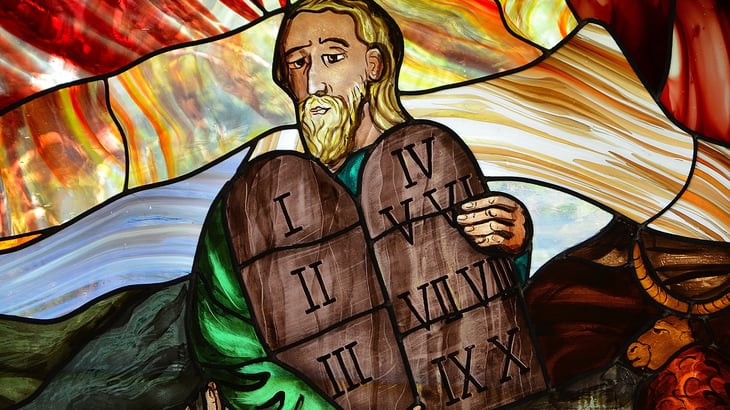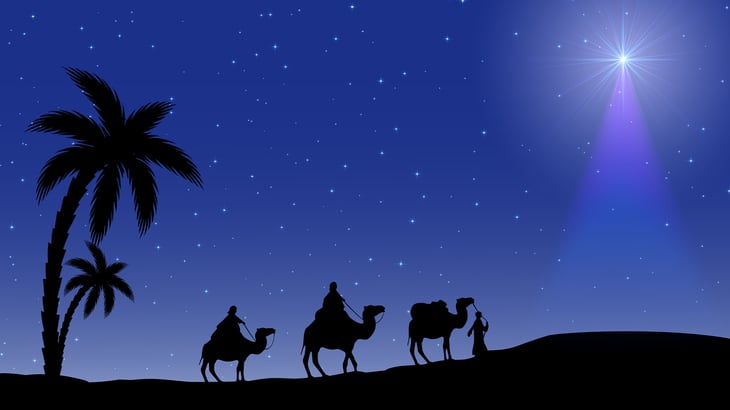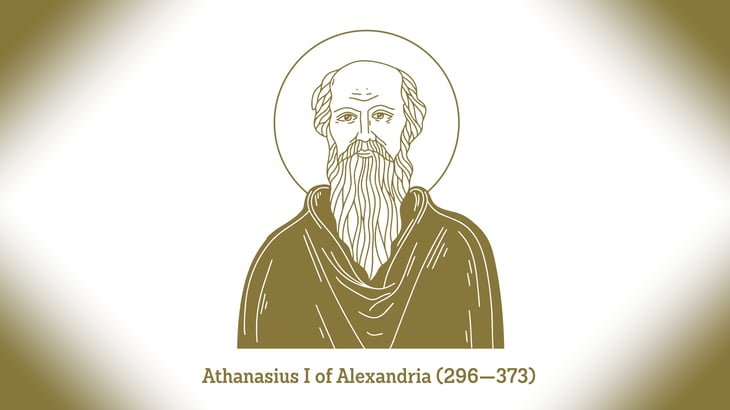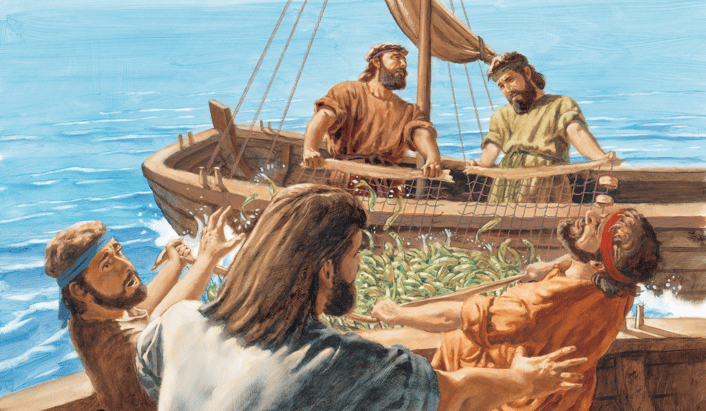Jesus Calls His Disciples: A Study of Matthew 10
Let the kingdom of heaven be proclaimed! Jesus has chosen the Twelve, and their instructions are clear: Preach and heal so that the world knows the Kingdom has come. The proclamation of the Kingdom continues today, and so God continues to send and protect His disciples.
This blog post is adapted from Matthew 1:1—11:11 in the Concordia Commentary Bible Study Series.
Time in the Biblical World
While we take for granted that time is divided into units of minutes, hours, days, weeks, months, and years, as well as an annual calendar of twelve months, when considering biblical chronology we cannot assume that our understanding of the passage of time is the same as that of the biblical writers.
Moreover, since the various books of the Bible were written over a number of centuries and in different places, we cannot assume that every biblical author was referring to units of time in the same way. Therefore, we must first familiarize ourselves with the reckoning of time at various times and places in the ancient world.
Overview of the Books of Moses
This blog post is adapted from the Lutheran Bible Companion.
The Hebrew name for the Books of Moses is “Torah.” (The Greek title is “Pentateuch”). The conventional translation of “Torah” with “Law” is most lamentable. If it were possible to turn back the clock and expunge misleading renditions from our Bibles, this would surely be the place to start. It indisputably is one of the major culprits in reinforcing the stubborn prejudice that somehow the Old Testament is more legalistic.
The Origin of Scapegoat
What does an Old Testament book like Leviticus have to teach us about Jesus' death and resurrection? The Concordia Commentary volume on Leviticus clearly teaches us the connection between an old Jewish Festival and Good Friday.
Digging Deeper into Scripture: Matthew 2:1–12
When I work with couples in premarital counseling, there is a point at which we discuss leaving and cleaving, based on the creation account. “Therefore a man shall leave his father and his mother and hold fast to his wife, and they shall become one flesh” (Genesis 2:24). I stress the importance of establishing themselves as a separate family, apart from their families of origin. One question I ask is where they plan to spend their holidays, recognizing that both families will likely want them to spend the holidays with the respective sides. The point is to encourage newly married couples to make these decisions independently and as a team.
The Wise Men had to make a similar decision, although they arrived in Bethlehem some time after Jesus’ birth. We don’t know if these men were married. Because they were educated, they likely traveled with an entourage, which could have included spouses. Either way, they decided the trip was worth it.
Athanasius on John 10:30
Given the high status the Gospel of John gives to Jesus, it is not surprising that certain passages from this Gospel would play important roles when questions arose concerning Jesus’ precise relation to the one God of Israel. In an adapted excerpt from the second volume in the Concordia Commentary series on the Gospel of John, read about the classic interpretation to John 10:30.
Digging Deeper into Scripture: James 5:7–11
I am dating myself to share that I was five years old when the movie Star Wars came out. Mind you, this was 1977. At this point, there was only Star Wars without the context of The Empire Strikes Back and Return of the Jedi, let alone the prequels or the sequels. We called the movie Star Wars, not Episode IV. If you were alive then, you recall the impact the movie had on the public. It was a phenomenon for both adults and children, men and women, boys and girls. Perhaps the reason for the movie’s great success was its ability to capture the imagination of even those not enchanted by science-fiction. Star Wars was also an exercise in patience. We knew the next movie wouldn’t arrive until 1980. We simply had to wait.
Digging Deeper into Scripture: Luke 10:25–37
Discover salvation and sin in the parable of the Good Samaritan with Pastor Phil Rigdon’s insight.
Opposing Ideas in Ecclesiastes: Justice and Mercy
When the book of Ecclesiastes highlights judgment, it can arouse questions about the apparent contradiction between the grief of Ecclesiastes and statements of abundant mercy elsewhere in the Bible. This excerpt from the Lutheran Bible Companion, Volume 1: Introduction and Old Testament provides clarity in understanding God’s character of both justice and mercy.
Digging Deeper into Scripture: Luke 5:1–11
In Luke 5, Christ preaches to the crowds and grants a miracle of fish to Simon Peter and his fellow fisherman. This great mass of fish was only a precursor to the great catch of the faithful that Christ has won for God through His Word and ministry.




















